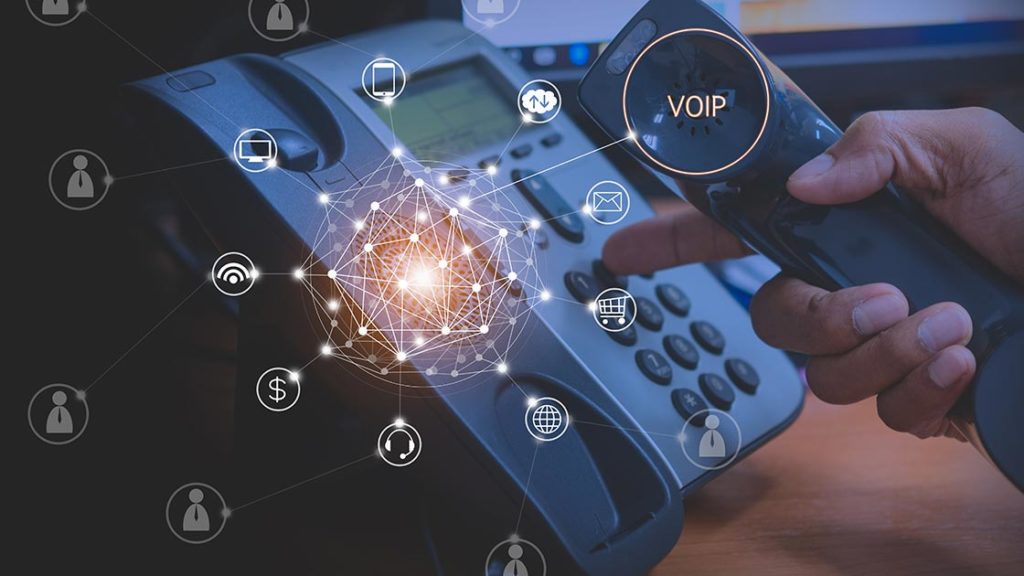As you may already know, VoIP fraud is able to siphon a lot of time, money, and manpower. Given that most businesses have made the decision to use the VoIP technology – Voice over Internet Protocol – it goes without saying that a company which has been hacked via VoIP can lose more than just some time.
If we are to consider the consequences of other types of hacking, it is safe to assume that VoIP hacking can, in fact, ruin a business – depending on the severity of the attack.
Therefore, in today’s article, we’ll show you how to prevent this type of VoIP hacking. However, keep in mind that the most basic thing that must be done to avoid this is to rely on the services of a good provider. In this respect, you can refer to this ExpertSure VoIP guide!
The Statistics Speak
Back in 2017, telecom fraud was responsible for roughly $30 billion in losses. PBX and toll fraud were at the top of the list. On top of that, it is also worth mentioning that VoIP fraud is not protected under law – unlike credit card fraud reimbursement, for example.
In short, the customer is still held liable for any hacked calls. For example, there have been cases of carriers who have sued their customers over VoIP hacking in court, in order to recoup costs of over $200,000 – and that is per business!
However, 2015 did come with a 25% decrease in phone-centric scams. This means that the customers of such VoIP providers learned how to protect themselves from phone scams and improve their cybersecurity.
How to Prevent VoIP Hacking?

Why should you try to prevent VoIP hacking? Well, reports say that VoIP attacks are responsible for roughly 67% of UK’s server failures, annually. Therefore, you do have to take some measures and make sure that your business is safe from such attacks!
1# Strong Passwords
You may know that the first month of 2019 also meant the online release of 2.2 billion stolen passwords and e-mails. In short, when it comes to business phones, a Google search could be all it takes for someone to hack you.
The lesson we all must learn is that we need very strong passwords to protect our information. Don’t settle for something you think no one will think of – use uppercase, lowercase, numbers, symbols, and so on.
2# Network Address Translation
This is a router feature that provides computers, VoIP phones, and other devices with a private IP address that can be seen on your LAN – Local Area Network – only. It is a form of IP masking that puts a barrier between the open Internet and the phone traffic.
In short, if someone who wants to hack you cannot discover your device’s private IP address, then he/she will not be able to remotely access and manipulate the device.
3# Disable Phone Web Interface
The web interface of your VoIP phone allows the user to set and update a lot of key phone properties – such as the accounts registered to the phone, codecs, SIP settings, network settings, and so on.
On top of that, the web interface can also be used to download a phone backup configuration which reveals the passwords and usernames of those using the phone.
4# Disable International Calling
Most hackers use VoIP for fraudulent hacking operations. Basically, they try to rack up the so-called calling minutes for expensive international numbers. So, if you don’t have international calls in your daily operations list, then you should just disable this feature.
The Bottom Line
Long story short, hackers find more and more ways to benefit from software and hardware that allows them to access information. They do so because they know it is possible.
Therefore, you – either the owner of a company or employee – should take the necessary measures to protect the information you are working with. Not paying attention for a couple of minutes when using certain features of VoIP tech may cost you your company – or your job!
Read Also:
- 6 Tips to Making Your Voice More Secure with VoIP Phones
- Consider A VoIP Phone Service Upgrade For Your Business
Author: Ionut















